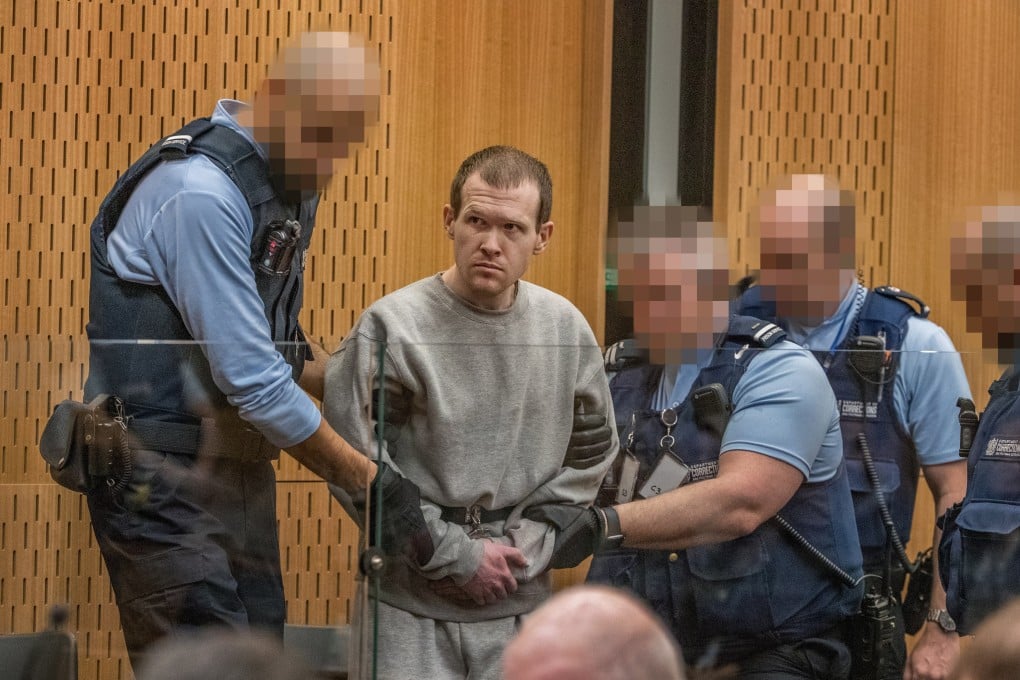My Take | On books and ideas that kill
- A terrifying realisation dawns on me that some recent mass killers could be highly literary and even brilliant

As a lifelong bookworm, I have always thought books are good for the soul, that reading makes you a better and more enlightened human being. And that applies to all kinds of books, no matter the subject. Lately, though, I have been rather disturbed to find that many mass killers had a strong literary interest.
This discovery came from my no doubt morbid fascination with gun violence in the United States. If you just look at the statistics, one mass shooting is just like another. You look closer, and the killers often have different personality profiles and motives. My own literary interest attracts me to those particular murderers.
The Christchurch killer, 28-year-old Brenton Tarrant, murdered 51 people and injured 40 others, most of them at two mosques in March 2019. That bit is well-known. What I didn’t know was that he was a fan of acclaimed French author Jean Raspail, winner of numerous prestigious French literary awards including the Grand Prix du Roman and Grand Prix de Littérature, both by L’Académie française, the country’s highest authority on the French language.
The book that particularly inspired him was Raspail’s 1976 The Camp of the Saints, in which the author warned of the decline and fall of Western civilisation by an influx of immigrants from poor countries. Before he committed his killings, Tarrant released online a manifesto, titled The Great Replacement. Named after a theory popular among white supremacists and extreme right-wing groups in western Europe and North America, it reportedly borrowed heavily from both the language and actual passages from Raspail’s book. The name of the theory itself came from Le Grand Remplacement, a 2011 book by French white nationalist Renaud Camus, who said he was heavily indebted to Raspail.
Meanwhile, I recently joined an online book club run by a brilliant American philosopher and expositor Chad Haag, who lives in India. Everyone has heard of Ted Kaczynski, the Unabomber. From the late 1970s to the mid-1990s, the former maths professor killed three people and injured 23 others in a nationwide bombing campaign against university scientists and technologists to halt or delay the advent of new technologies, which he blamed for eroding human freedom and dignity.
I never bothered to read his essay, Industrial Society and Its Future, which he forced several major American newspapers to publish by threatening to kill more people. But after listening to several lectures by Haag, who takes his ideas seriously while condemning his murderous acts, I have been terrified to realise they actually make sense. If you didn’t know the author and were told he was a left-wing environmentalist academic, you might take the essay seriously, too.
